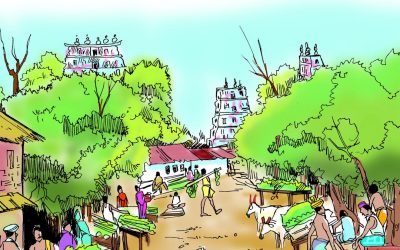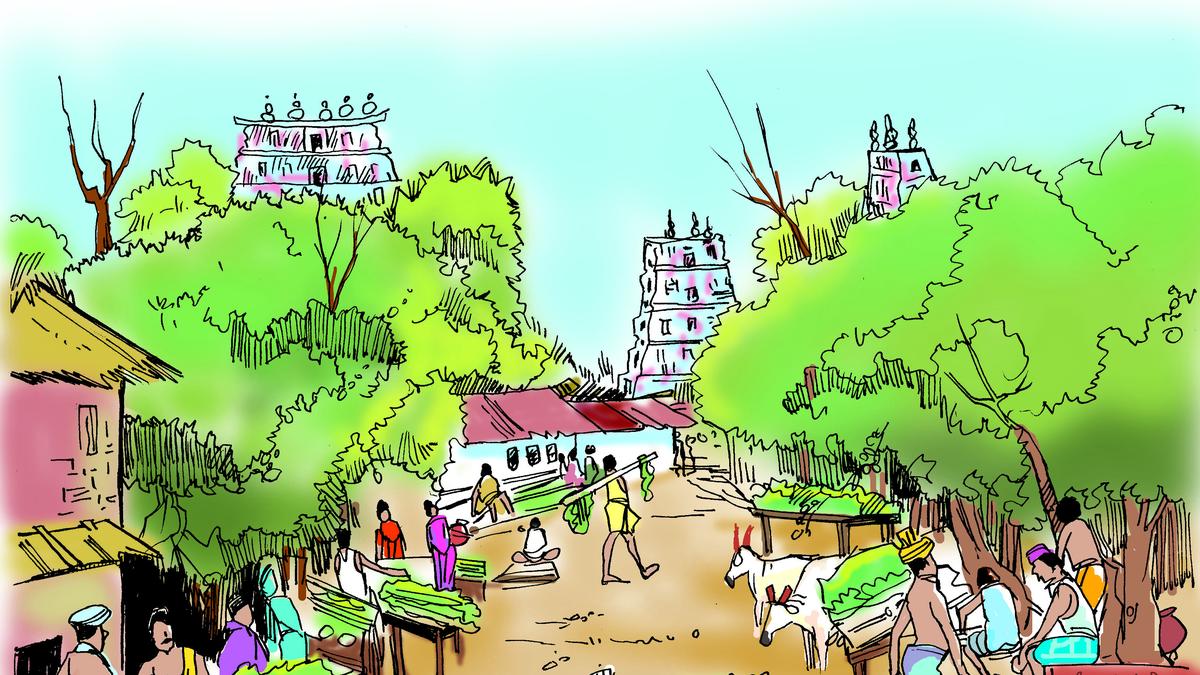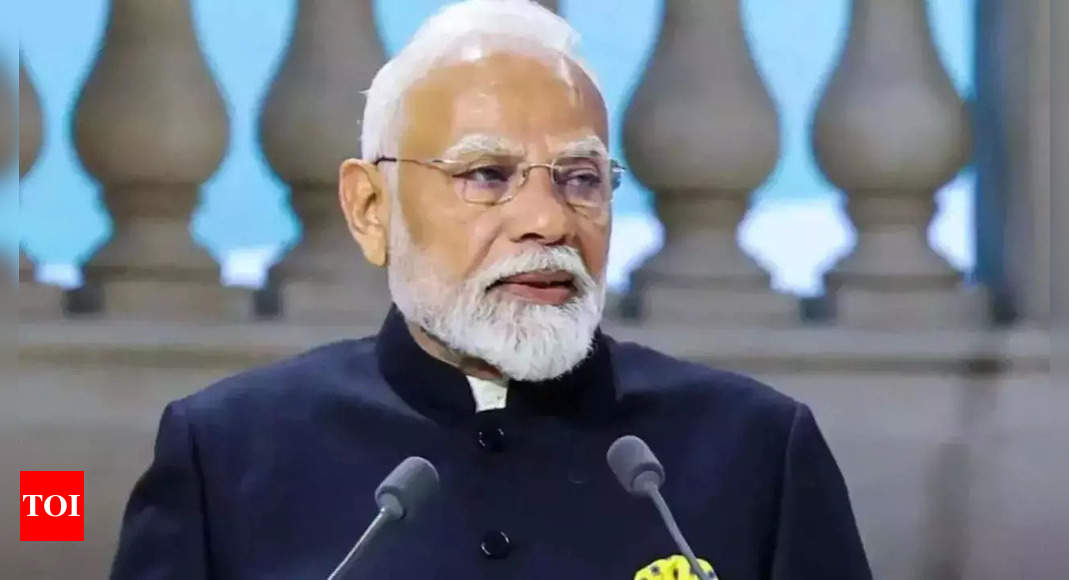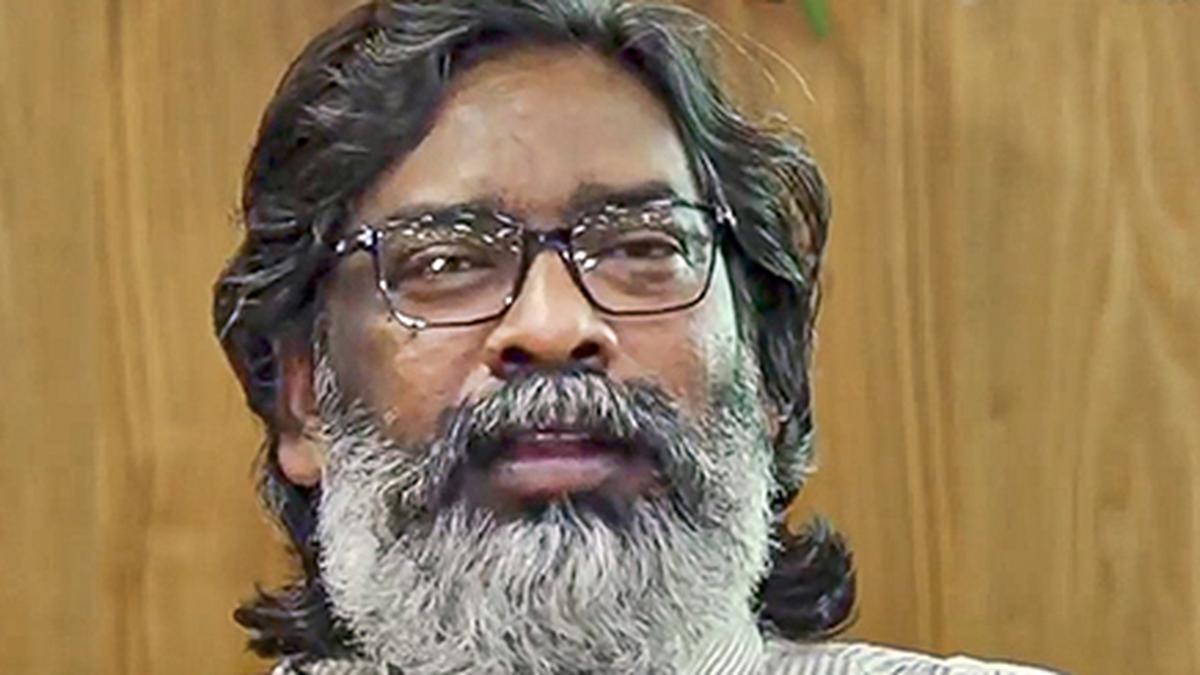DMK MP Wilson’s Bill revives debate on reservation in appointments in higher judiciary


DMK MP P. Wilson. File
| Photo Credit: PTI
The debate on the need for introducing reservation in the appointment of judges of the Supreme Court and High Courts has been revived by the recent introduction of The Constitutional (Amendment) Bill 2024 by Dravida Munnetra Kazhagam (DMK) Rajya Sabha MP P. Wilson. The Bill seeks to amend the Constitution to provide due representation for members of the Scheduled Castes, Scheduled Tribes, Other Backward Classes, women, and religious minorities in the appointment of judges of Supreme Court and High Courts in proportion to their population and to bring timeline, transparency and allow State Government opinions in judicial appointments.
Centre notifies appointments of 13 judges across 9 High Courts
According to Mr. Wilson, judicial appointments must be made keeping in mind social diversity within the institution. In the Bill, he has sought framing of a Memorandum of Procedure for appointment of judges of the Supreme Court in consultation with the Chief Justice of India setting out the timelines and procedure including identifying, assessing, recommending, appointing suitable candidates as judges of the apex court. Besides, he has sought consultation by the Government of India with the respective State Governments while appointing Chief Justice or judge of any HC.
As early as October 2020, then Union Minister for Law and Justice Ravi Shankar Prasad, had, responding to a notice from Mr. Wilson on the need for ensuring social justice and diversity in judicial appointments, said the Constitution does not provide for such reservations on the basis of caste, class or gender. At the same time, Mr. Prasad had stated the Centre had been impressing upon the need to give due consideration to suitable candidates belonging to the SCs, STs, OBCs, minorities and women while making judicial appointments to the HCs.
A year before this, the Law Ministry had said there was no proposal to introduce reservation for women in the higher judicial appointments. This was after a Parliamentary Standing Committee had pointed out that only six women judges were appointed in the Supreme Court (as of 2019) and recommended that the Ministry take suitable measures to include more women judges in higher and subordinate judiciary. In the 84th Report on Demand for Grants, the Committee had recommended the strength of women judges should be around 50% of the total strength. The Ministry had then said there is no proposal for amendment to Articles 124 and 217 of the Constitution.
Data shared by Law Minister Arjun Ram Meghwal in the Lok Sabha in July 2023 had revealed that of the 604 judges appointed since 2018 to various HCs, 454 belonged to the general category. Only 18 belonged to the SCs, nine to the STs and 72 to the OBCs and 34 belonged to the minority category.
Against this backdrop, Mr. Wilson in his Bill, has argued, a representative judiciary is pivotal for fostering public confidence in its ability to make sound and responsive decisions. “Judges from varied backgrounds will draw from a wider range of experiences, resulting in more balanced and comprehensive judgments. A diverse judiciary is also less likely to violate the rights of under-represented classes and more likely to prevent discrimination…A judiciary that fails to reflect the social composition of the nation poses a serious constitutional challenge, undermining the public’s confidence in the justice system,” he felt.
Published – February 16, 2025 01:56 pm IST





